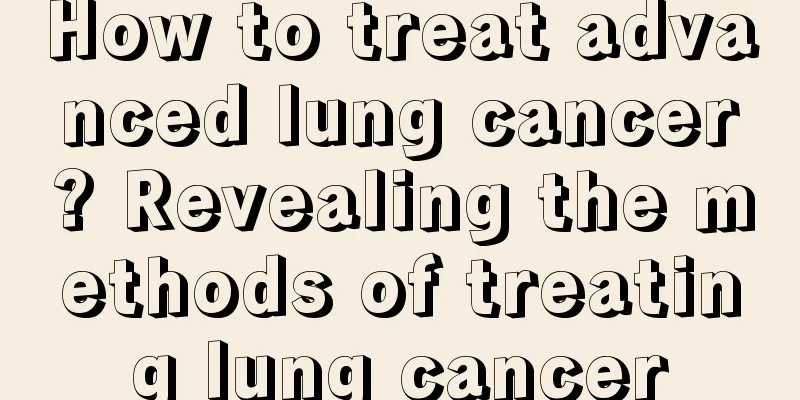What is the best diet for lung cancer patients

|
What should lung cancer patients eat? Nutritional diet for lung cancer patients. Lung cancer is a substantial malignant tumor disease that makes people turn pale. In recent years, the incidence rate has been on the rise, which should attract everyone's attention. Patients with lung cancer have been troubled by the disease for a long time, and their appetite has become lower and lower. If they cannot eat normally, their health will be further damaged. Diet for lung cancer: 1. Lung cancer is a disease that requires dietary adjustments during treatment. It is best to eat light, soft, and easy to digest and absorb food. When choosing and supplementing food, do not rush for results. You can start with a liquid diet, and then transition to a semi-liquid diet or normal food when there is no obvious discomfort. 2. After lung cancer surgery, attention should be paid to various nutritional balances to facilitate the recovery of the body. Generally, the digestive function of patients with early and middle stage lung cancer is relatively sound, and the diet after lung cancer surgery should be mainly aimed at supplementing sufficient nutrition. 3. Many lung cancer patients treated clinically did not abstain from food after radiotherapy and chemotherapy, and some even ate a considerable amount of chicken, fish, shrimp, and mutton, and did not relapse. According to Chinese medicine literature, chicken can nourish the body and warm the middle, and replenish the five internal organs. Eggs are nutritious for treating physical weakness and deficiency of the five internal organs after treatment. Some folk prescriptions for cancer treatment also use eggs, such as boiled eggs with walnut branches and boiled eggs with blister beetles. Nutritional recipes: 1. Foods that enhance immunity It is advisable to eat more foods that have the effects of enhancing the body's immunity and fighting lung cancer, such as coix seed, sweet almonds, water chestnut, oyster, jellyfish, yellow croaker, sea turtle, crab, horseshoe crab, clam, sea cucumber, Poria cocos, yam, jujube, black-necked snake, green beans, shiitake mushrooms, walnuts, and turtle. 2. Foods that reduce the side effects of chemotherapy Goose blood, mushrooms, sharks, longans, eels, walnuts, soft-shelled turtles, tortoises, kiwis, water shield, day lilies, jujubes, sunflower seeds, apples, carp, mung beans, soybeans, red beans, shrimps, crabs, silver beans, loaches, catfish, grass carp, salmon, snails, and green tea. 3. Suitable food for cough and phlegm It is advisable to eat ginkgo, radish, mustard greens, almonds, orange peel, loquat, olives, tangerine cakes, jellyfish, water chestnuts, kelp, seaweed, winter melon, loofah, sesame, figs, pine nuts, walnuts, mussels, monk fruit, peaches, oranges, and grapefruits. |
>>: How much does it cost to treat lung cancer
Recommend
How to make your own shampoo
Hair care is an aspect that people pay great atte...
How to care after chemotherapy for melanoma
Malignant melanoma patients will experience many ...
What is the reason for frequent headaches after thyroid cancer surgery
Frequent headaches after thyroid cancer surgery m...
What are the best ways to dehumidify indoors?
As we all know, living in a relatively humid plac...
What is the cause of insomnia and headache
Insomnia is not unfamiliar to people. Many elderl...
What to do if you have allergic rhinitis
Allergic rhinitis is an allergic disease. Patient...
Can acupuncture cure frozen shoulder?
The difference between micro-acupuncture and trad...
What are the methods to tighten the skin
As we all know, as we age, our skin becomes loose...
TNM staging of nasopharyngeal carcinoma
In order to develop a reasonable treatment plan, ...
Are tampons comfortable?
In recent years, tampons are increasingly being u...
How long does sperm usually survive in the vagina?
Women, including men, who want to get pregnant as...
How to relieve severe neck pain
In life, we often find that we have not suffered ...
How many stages can liver cancer be divided into? How to check liver cancer for early detection
Liver cancer is a malignant tumor that mainly occ...
What is the cure rate for mid- to late-stage testicular cancer?
The cure rate of mid-to-late stage testicular can...
Causes of acne
If there is a problem with the body's functio...









